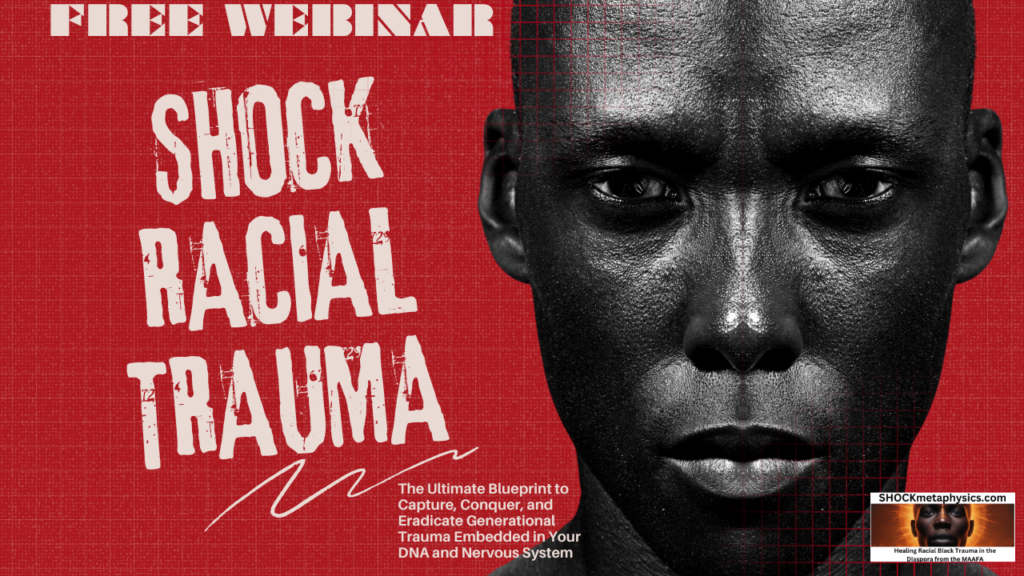
Powered By BlackTraumaGPT.com
Researched and Curated By Rev. Dr. Philippe SHOCK Matthews – https://solo.to/revshock | https://linktr.ee/revshock (Black Trauma and Mental Health Specialist | Prompt Eng | GPT Dev | Research Scientist | Africana Phenomenologist | Black Mental Health Podcast Host | FREE Webinar)
Like other behavioral patterns discussed in this series, infidelity can sometimes function as a response to unresolved trauma. For Black men, this connection between trauma and relationship behaviors is influenced by both personal experiences and broader sociocultural factors.
The Trauma-Infidelity Connection
Research suggests that unresolved trauma can significantly impact intimate relationships, sometimes manifesting through infidelity. When individuals lack healthier coping mechanisms for processing emotional pain, they may unconsciously seek external validation or emotional escape through extramarital relationships.
For Black men, the cumulative impact of racial trauma creates additional layers of psychological stress. Studies indicate that Black men often exhibit more pronounced responses to race-based trauma, including hypervigilance and emotional disconnection, both of which can strain intimate relationships and potentially contribute to infidelity as a maladaptive coping strategy.
Trauma and Hypermasculinity
Societal pressures around masculinity can intensify following traumatic experiences, particularly for Black men navigating both racism and gendered expectations. Hypermasculine behaviors—including sexual conquest—sometimes emerge as attempts to reclaim a sense of power and control that trauma has threatened.
These behaviors don’t occur in isolation but rather within cultural contexts that often glorify certain expressions of masculinity while limiting others. Media representations frequently reinforce connections between manhood and sexual prowess, potentially influencing how trauma manifests in relationship behaviors.
Disconnection and Emotional Avoidance
Trauma frequently disrupts one’s capacity for emotional intimacy, creating patterns of avoidance that protect against vulnerability. For some Black men, societal stigma around emotional expression compounds this challenge, making it difficult to process traumatic experiences or connect authentically in relationships.
Infidelity can function as a form of emotional avoidance, where separate relationships serve different psychological needs. Primary partnerships may provide stability while extramarital relationships offer emotional or sexual experiences without the vulnerability that deeper intimacy requires. This compartmentalization often stems from trauma’s impact on attachment and emotional regulation.
The Impact of Adverse Childhood Experiences
Research consistently shows that adverse childhood experiences (ACEs) significantly affect adult relationships. For Black men, who often experience disproportionate rates of certain ACEs alongside racial trauma, these early experiences can shape attachment styles and relationship patterns, potentially increasing vulnerability to behaviors like infidelity.
Understanding these connections doesn’t excuse harmful behaviors but rather contextualizes them within broader patterns of trauma response. This perspective shifts the conversation from moral judgment to recognizing underlying pain that requires healing.
Breaking the Cycle
Addressing infidelity as a trauma response requires both accountability and compassion. Individual therapy provides space to explore connections between past trauma and current behaviors, while couples therapy can help repair relationship damage while building healthier patterns of connection.
Community support plays a crucial role in this healing process. Creating spaces where Black men can honestly discuss both trauma and relationship challenges without judgment facilitates healing that extends beyond individual relationships to broader community wellness.
By recognizing infidelity as a potential trauma response rather than simply a moral failing, we open pathways to healing that address root causes rather than just symptoms. This understanding creates space for accountability and compassion, essential elements for breaking cycles of trauma and building healthier relationships.

FREE SHOCK RACIAL TRAUMA WEBINAR: http://shocktraumafreewebinar.com

“I just completed a brief session with ChatGPT-Black Trauma. Wow! The responses I got were soooooo helpfu!.” — John Jackson (Patreon Member)
At BlackTraumaGPT.com, we aim to foster healing, understanding, and empowerment within Black communities by providing culturally sensitive education, insights, and mental health resources. We aim to deepen the collective awareness of Black trauma’s historical roots and its contemporary manifestations while guiding individuals and communities toward paths of self-care, resilience, and holistic healing. By leveraging the wisdom of Africana phenomenology and the expertise of Black scholars, we support the transformation of trauma into strength, encouraging collective growth and thriving.
IT’S TIME TO BREAK BLACK TRAUMA! Heal Thyself @ BlackTraumaGPT.com http://blacktraumagpt.com/ ASK THE QUESTION(S)!
———————
Get Social with Doc SHOCK:
PATREON | ABOUT DR. SHOCK | FLY SOLO | ACADEMIC BIO | BLOG | BLACK TRAUMA PODCAST | ENDORSEMENT | THREADS | IG | FB PAGE | PRIVATE GROUP | X | LINKEDIN | TIKTOK | PINTEREST | BLACK TRAUMA GPT | BLACK AI CONSORTIUM | BOOKS BY DOC SHOCK

